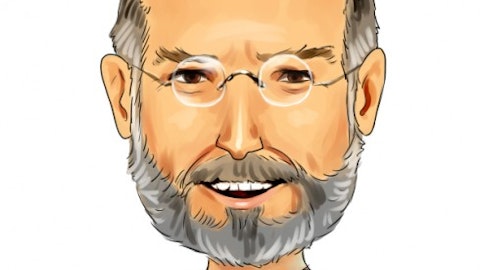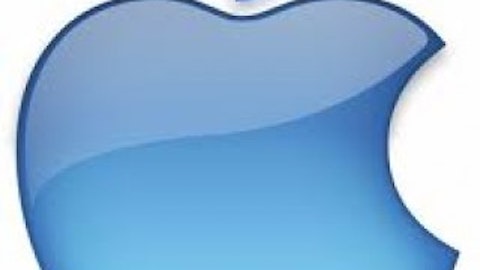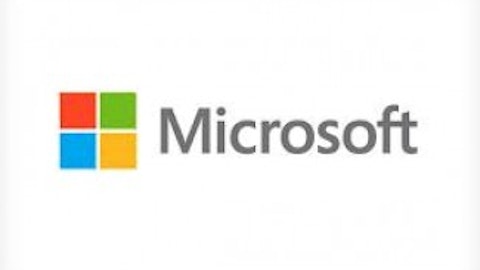Why the migratory patterns
People who upgrade their computer to Windows 8 are now familiar with Microsoft’s mobile operating system. Microsoft needs a way to get a foothold into the mobile market, and it seems it has found the most appropriate strategy: to make the mobile operating system the same as its desktop counterparts, which is going to give the company added gains in revenue and net income going forward.
The survey data from Piper Jaffray seems to support the conclusion that Apple Inc. (NASDAQ:AAPL) is winning back consumers that have migrated to Android. Many consumers bought an Android device in hopes of having a different or more unique computing experience.
Both Apple and Microsoft adopted a strategy of little or no device customization. Microsoft Corporation (NASDAQ:MSFT) took it a step further by only providing applications that users will actually use on the Windows Mobile Metro. Both Apple and Microsoft are coming in with the mentality that customization is not that important; while Android’s greatest strength is in the flexibility of the mobile experience each individual user is able to customize for himself or herself.
What to invest in
Google can still monetize Android through the Google Play Store in foreign markets even if it loses market share within the United States.

Currently, Android has 75% of the global market share, but I anticipate this figure to decline as the company will eventually lose its foothold in the United States to Apple and Microsoft. Even though Microsoft Corporation (NASDAQ:MSFT) is a late entrant, it has had a track record of winning in established markets, for example, Microsoft grew its Xbox segment into having 44% market share over the course of 12 years against Sony Corporation (ADR) (NYSE:SNE) and Nintendo.
Members of Google’s intricate system of other equipment manufacturers (OEMs), which include HTC, Samsung, and LG Display Co Ltd. (ADR) (NYSE:LPL) should not be part of your portfolio. These companies may not have staying power, and a decline in sales will hurt these OEMs more than it will Google. Google will be able to generate a large amount of app sales through emerging markets even if Android market share drops.
Conclusion
Putting everything into perspective, here is how the smartphone market is going to be split. Google’s Android is the equivalent of the European Union, Apple is the superpower, meaning the United States, and Microsoft is the emerging dragon from the Far East.
Over the next ten years, I believe that Apple’s market share will level off at an even split to Google’s union of smartphone manufacturers. Meanwhile, Microsoft will dominate a separate corner representing 10%-20% of global market share.
Alexander Cho has no position in any stocks mentioned. The Motley Fool recommends Apple and Google. The Motley Fool owns shares of Apple, Google, and Microsoft. Alexander is a member of The Motley Fool Blog Network — entries represent the personal opinion of the blogger and are not formally edited.
The article The Kids Are Starting to Like Windows 8 originally appeared on Fool.com and is written by Alexander Cho.
Copyright © 1995 – 2013 The Motley Fool, LLC. All rights reserved. The Motley Fool has a disclosure policy.





